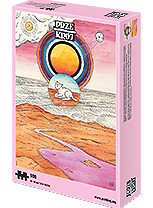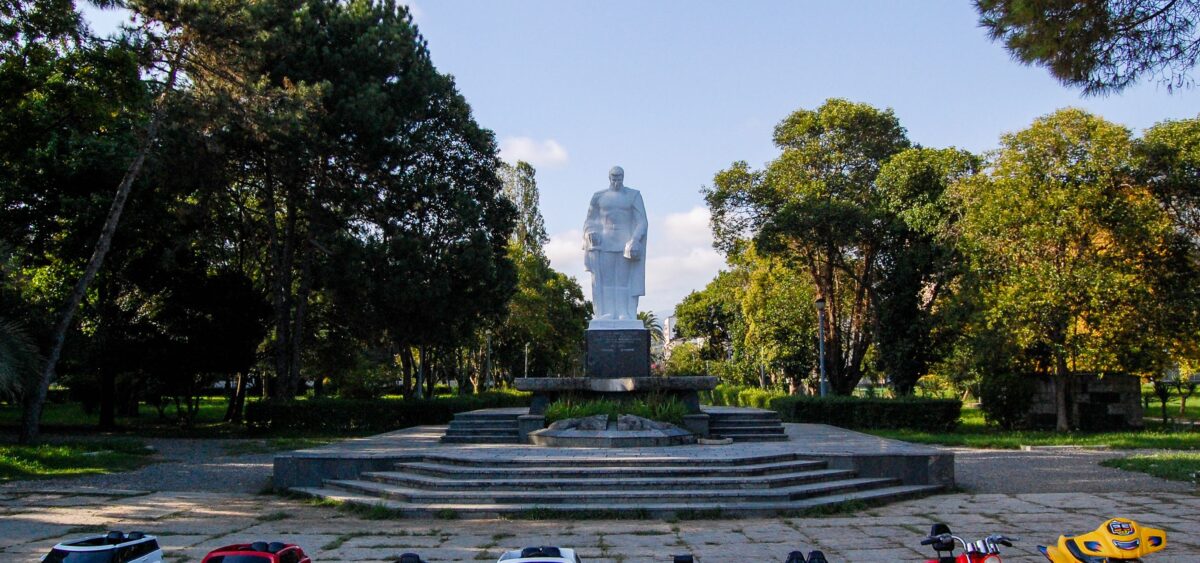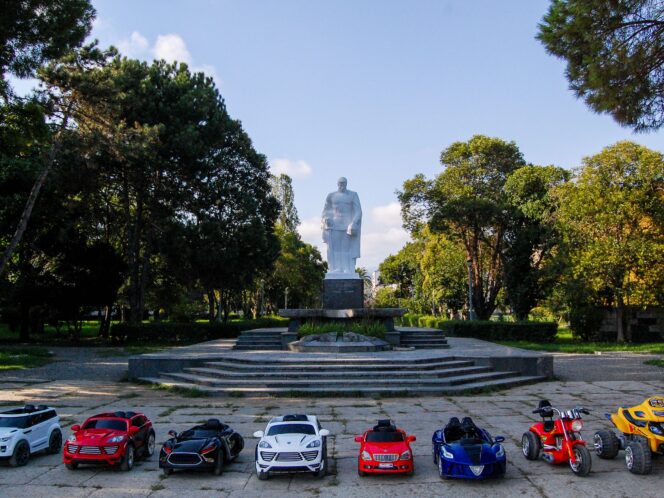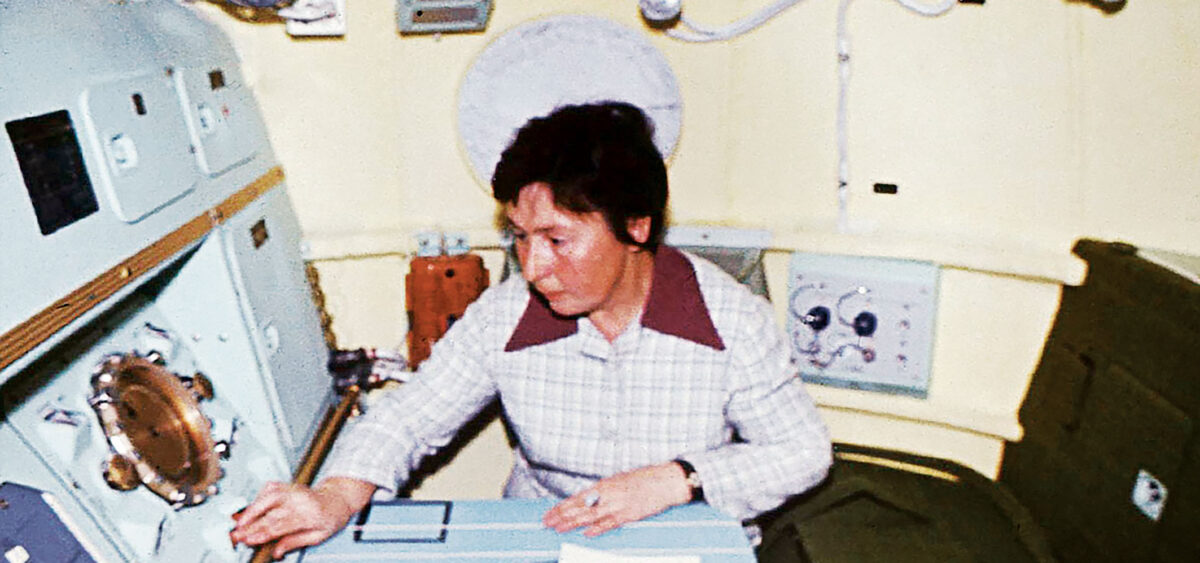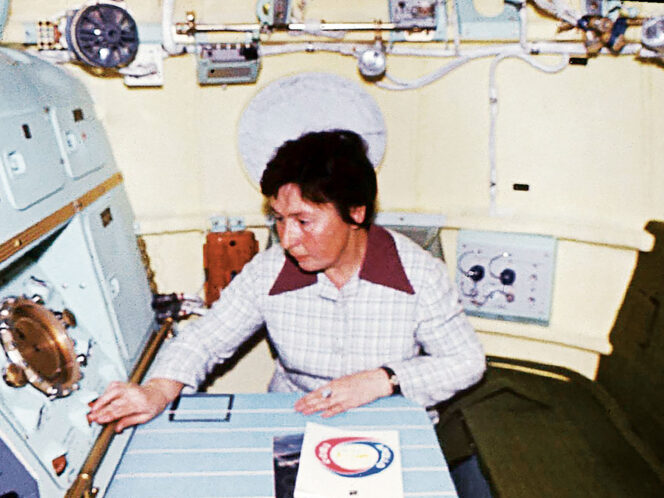
In his travels through the most iconic places of the former USSR – from Baku to Samarkand and from Dushanbe to Leninabad – the protagonist of this contemporary Polish novel is led by the memory of a Soviet-era guide book that he browsed as a child. But can these trips to the other side of those guide book pictures heal the incurable nostalgia? Or will they rather become just another addiction to which the protagonist, straight out of detox, is especially susceptible? Can this excursion to the crossroads of memory and fantasy actually be a way of finding a sense of self? And is there anyone there to find at all? An excerpt from a novel by Polish author Juliusz Strachota.
Russia, August 2015
This guide book has become for me a healing balm for the intermediate state between childhood and today. I’m no longer messing around with plans for my life, because when I come back from a trip I start preparing an excursion to the next page. I’m opening this book on new plans and I’m closing it on further reminiscences.
Between the pieces of faded paper, something is beginning to appear that I thought would never happen. At the cafeteria in Agora, where I eat lunch, I’ve been meeting for some time with a woman from Żoliborz called Kasia, who has a dachshund, and I tell her about my three or so unusual trips and my heroic struggle with addiction. I’m stretching my stories a bit and that’s a little embarrassing, but on the other hand I’m already packing for Russia and that gives me credibility, most of all for myself. I haven’t got high


